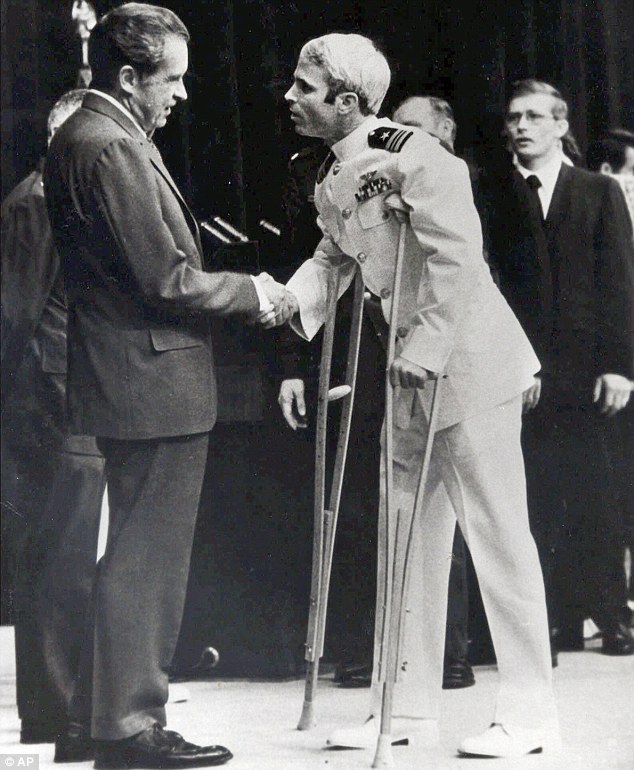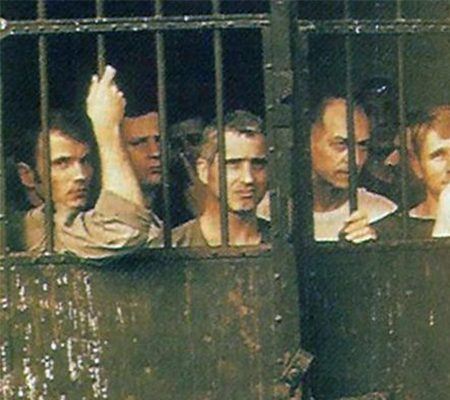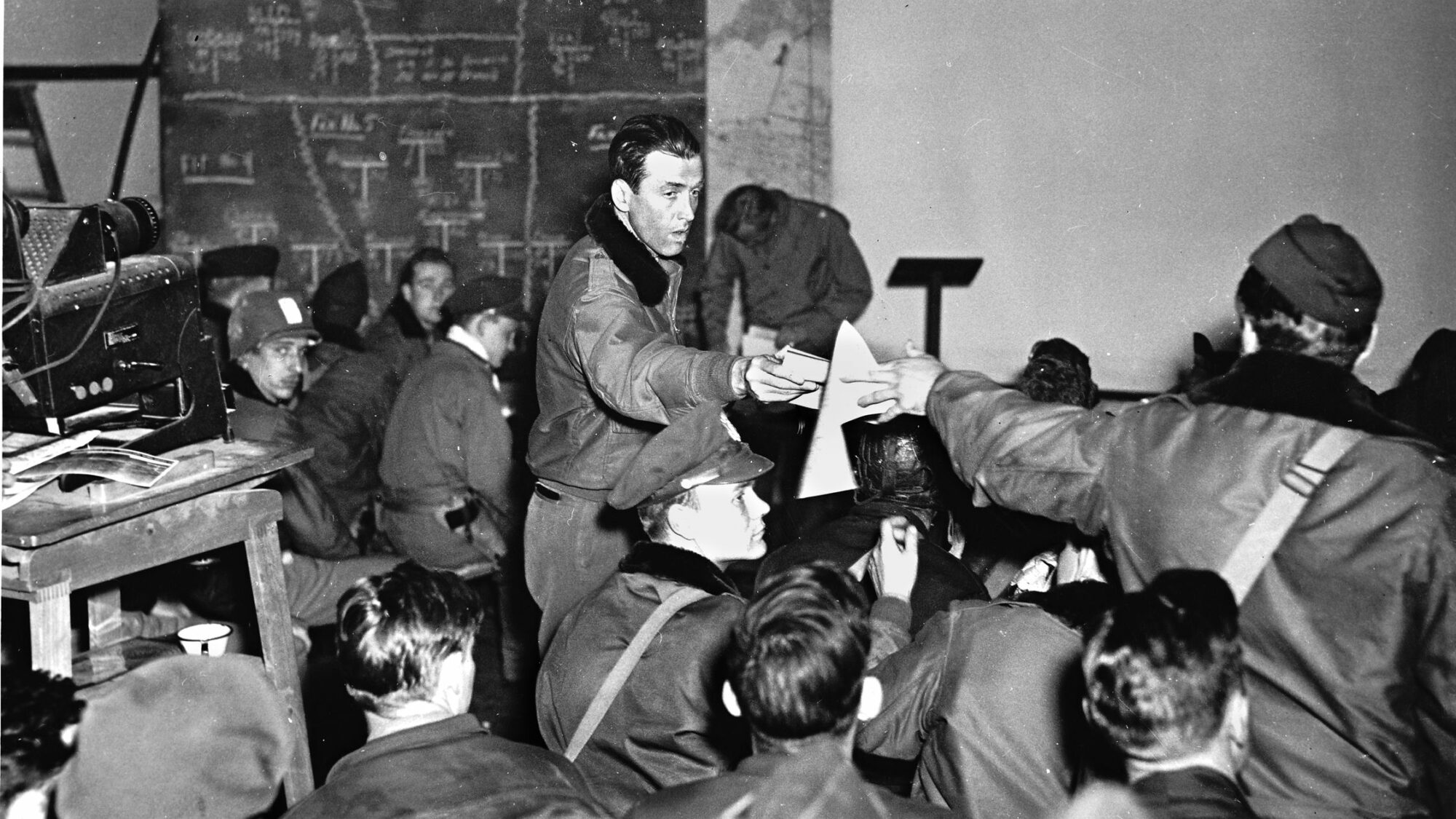
Laura's Blog

A White House Dinner for Vietnam POWs
May 28, 2025
Earlier this month marked the anniversary of a gala dinner Nixon hosted for returning Vietnam POWs. Welcoming 680 recently released American prisoners and their plus-ones (many of the bachelors among them brought their mothers), it remains the largest White House dinner in history. An extra 200 butlers were hired to serve, and a circus-sized, yellow-and-orange tent was set up on the lawn to cover 128 tables and 1,280 guests during a downpour that turned the usually pristine gardens into a bog. Quipped one returning POW: “It’s not the first time I’ve sat in the mud to eat, but this time I have a chair.”
They were treated to a four-course banquet and U.S.O. show hosted by Bob Hope, featuring performances by military bands, singers like Sammy Davis. Jr. and Joey Heatherton, comedienne Phyllis Diller, and a host of Hollywood stars who paid homage to their courage and fortitude. Many of the returned POWs, like Navy pilot (and later Arizona Senator) John McCain had withstood torture, psychological abuse, and years of solitary confinement. I can only imagine their amazement at the sudden change in their circumstances.


I’m often asked where I get my ideas for story, scenes, characters, and themes. This dinner is a perfect illustration of how research often hands me gems I had not known to even look for before. That’s my training as a magazine journalist (which many of you know I was for 20 years before writing my first novel). I “report” the story. Then that research tells me what to write—my themes, turning points, character types, and dialogue. I LOVE that part of writing. That’s the treasure hunt. And what sets my imagination flowing—following the ripples brought by dropping a fact into the pool of a growing narrative.
While reading up on major news events of 1973 for TRUTH, LIES, AND THE QUESTIONS IN BETWEEN (including the end of our fighting in Vietnam), I stumbled onto an article about this dinner. Which led to my finding a video of the event. Which wrought one of my favorite minor characters—plus a succinct, show-rather-than-tell scene of the war’s emotional devastation on our combatants and their families, as well as the bitter divide it cleaved in the American public.
The scene is not about the dinner itself, but the night after, when I create a returning POW—in town for the White House dinner—going to the birthday celebration of one of my Senate page characters with his younger brother, Will. Like Will’s fellow page Abe and Simone’s boyfriend Julius, Will offers my protagonist Patty a very different example of being male from her domineering father and boyfriend. Considerate, upbeat, and highly respectful of his widowed mother and women in general, Will comes from a North Carolina farm family, whose men have all volunteered as marines (an American and a regional archetype Patty had never before met). After I watched that White House dinner video, Will also evolved into an everyman for all the younger siblings whose big brothers either died in Vietnam or returned home completely changed. Teenagers suddenly knocked akimbo from their own lives and dreams by not knowing how to reach or help their beloved siblings (and perhaps one-time role models) cope with what we now respect as PTSD, but then did not. Not at all.
One of my editors wanted me to strip Will and this scene out of the novel. TRUTH, LIES was already jam-packed with Watergate’s hearings, revelations, and upheaval and the increasingly fraught culture war over women’s role in society that the struggle to ratify the Equal Rights Amendment was igniting. But to pull Vietnam consequences and controversies out of 1973’s panoply is like knocking out a leg in a movie camera tripod. Especially given Nixon’s exploiting the war’s generation gap and resentments to win the presidency in 1968, so very like the piqued backlash to the progressive “Woke,” Black Lives Matter, and #MeToo movements that Trump fueled and used (see my previous blog: Vietnam, Nixon, The "Plumbers," & The Pentagon Papers).
As a nation, we don’t take care of our veterans in the way they earned and deserve, and we have not written enough about them, especially in YA literature. I felt I should. Will’s vignette is brief, but you know what? More often than not, when a reader, reviewer, or interviewer mentions a minor character who particularly touched them, it is, indeed, Will.
If you’re interested in a deep, deep dive into the 1973 establishment’s attitudes, clothes, and vernacular, here’s the link to that video of the dinner: https://www.youtube.com/watch?v=dRIVCGR52kA.
I’ll warn you—Bob Hope’s sexism in both his monologue jokes and introductions of female performers is startling. It’s part of what pushed me to be frank in dialogue to showcase the way men talked to and about women back then and consequentially just how uphill a journey it was for women like Patty and her mother to stand up for themselves. The parallels to what we’re hearing these days from some of our political leaders should distress us all.
I’ll point you to two moving moments. The first: time tick 17:58 to 20:20, when about 30 POWs gather on stage to perform a hymn that a handful had composed and sung to withstand their confinement and beatings. Air Force Major Quincy Collins had managed to write it down on crude toilet paper with a bamboo stylus using ink made with Kool-Aid:
Oh God, to thee we raise this prayer and sing/From within these foreign prison walls/...Give us strength to withstand all the harm that the hand of our enemy captors can do/to inflict pain and strife and deprive every life of the rights they know well we are due...
The second: time tick 1:42:30, when actor Jimmy Stewart was called to the stage. Many of the speeches before then had come across as political bluster and pompous rah-rah self-congrats.

Stewart, however, spoke knowingly and from the heart. He’d actually served in WWII combat zones. Like my father, he’d piloted B-24 bombing runs over Europe in the early spring of 1944 in the lead up to D-Day, when the fatality rate of our aircrews on those missions was heartbreaking. Stewart managed to survive a stunning 20 sorties (the average lifespan of a flyer in terms of making it back to base alive in those months was 15). Then, he remained in the Air Force Reserves until 1968.

At that 1973 black-tie dinner, Stewart pulled out notes from his jacket. But he didn’t use them, saying simply—slightly choked up as he looked out at the POWs before him, some still painfully gaunt—“my wishes for you...oh, there are a lot of them...I wish peace for you, I wish you calm, I wish you happiness, which you certainly earned...”
Amen.

Other Blog Posts
Click Here to See All of Laura's Blog Posts
